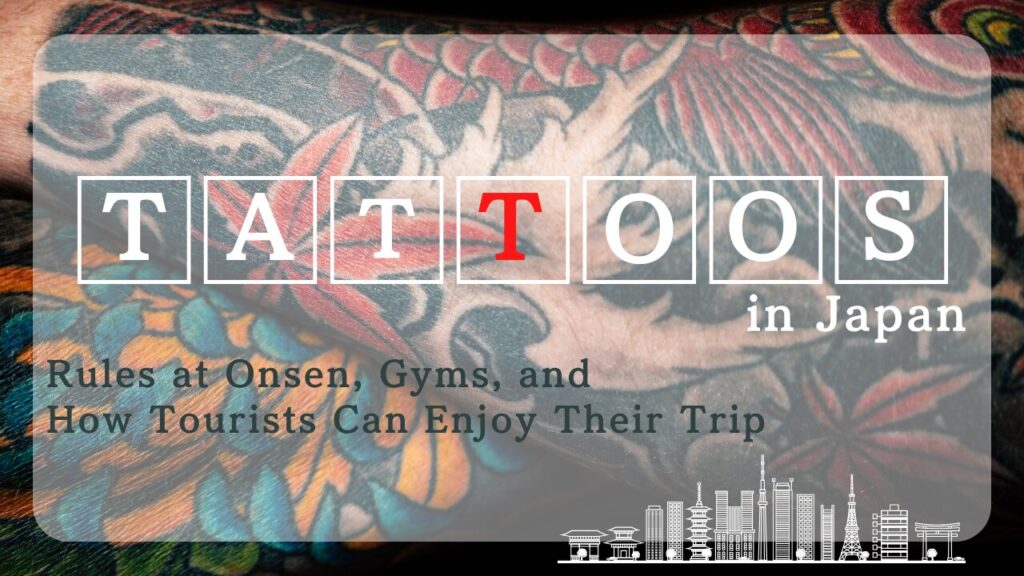
The History and Image of Tattoos in Japan
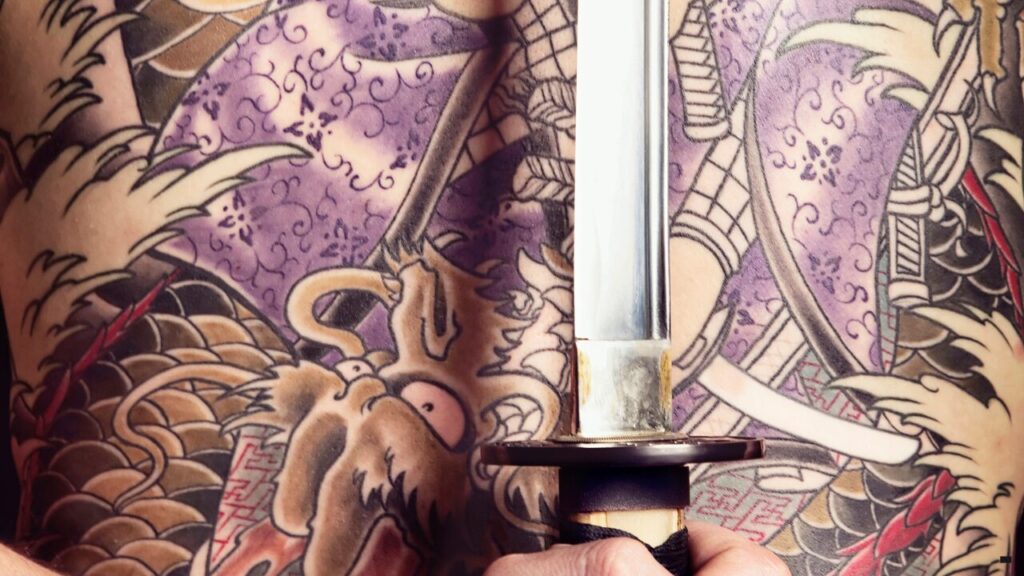
Unlike in Western countries where tattoos are often seen as fashion or self-expression, tattoos in Japan have a very different history.
In the past, tattoos were used as a punishment for criminals. After World War II, members of the yakuza (Japanese mafia) began covering their bodies with tattoos as a symbol of courage and loyalty. Because of this, many Japanese people—especially the older generation—still strongly associate tattoos with crime and organized gangs.
Even today, in smaller towns and rural areas, tattoos can make people think of danger or antisocial behavior.
Why Tattoos Are Banned at Onsen, Pools, and Gyms
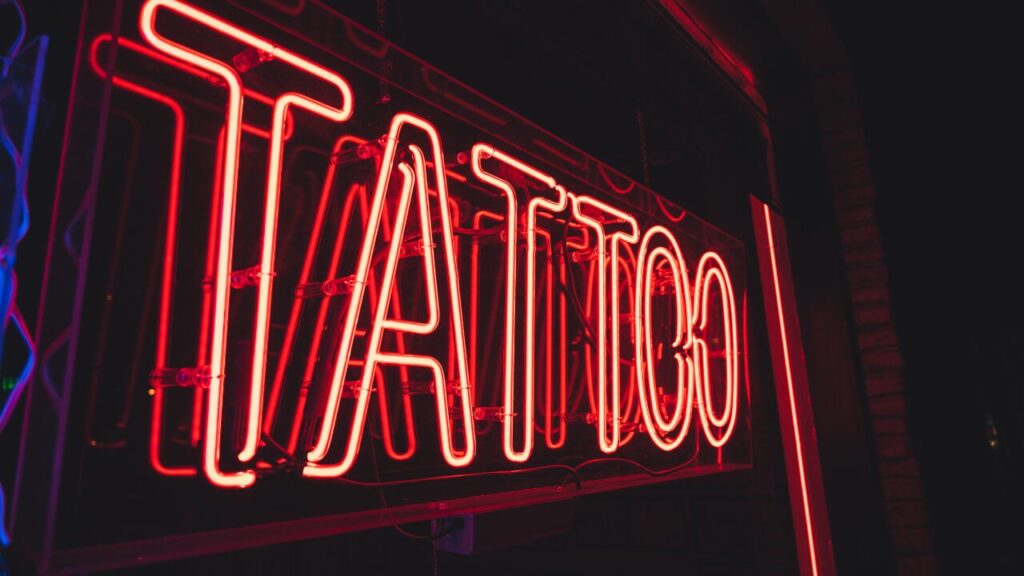
Public baths (onsen and sento) are unique spaces in Japan where strangers bathe together, completely naked. For many Japanese guests, seeing tattoos can create discomfort or fear.
To prevent trouble and keep a peaceful atmosphere, most onsen and spas have a strict “no tattoos allowed” policy.
The same applies to many gyms, swimming pools, and fitness clubs, where tattoos are banned as a way to maintain harmony and respect for other guests.
Recent Changes in Tattoo Rules in Japan
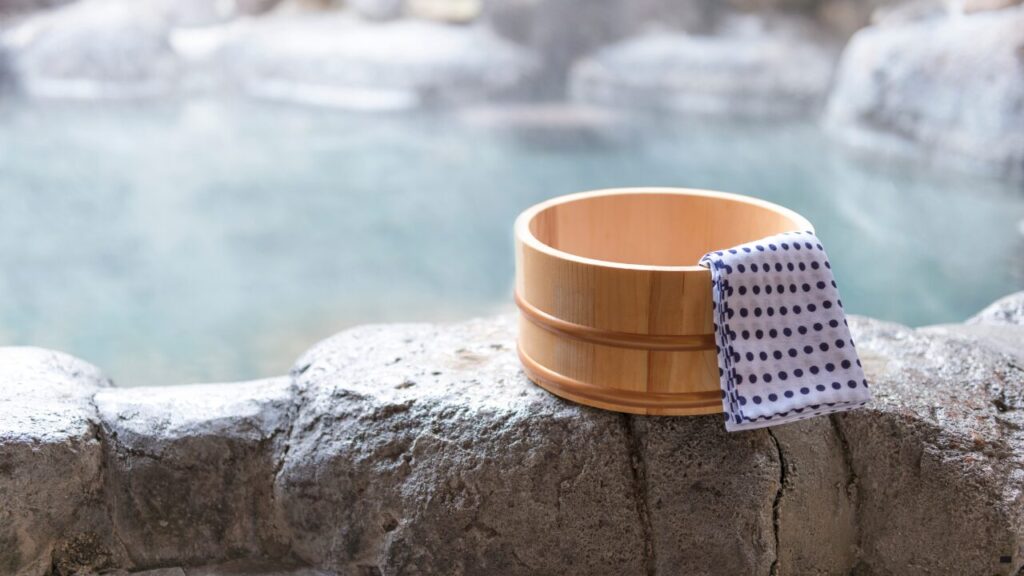
With the rise of international tourism, the situation is slowly changing at popular destinations. Some hot springs and spas now advertise themselves as “Tattoo Friendly.”
Other facilities allow entry if tattoos are covered with special stickers, and many traditional inns (ryokan) offer private or family baths where guests with tattoos can relax without worry.
Tattoo Rules Outside of Onsen
It’s not just hot springs—tattoo restrictions also exist in other public places in Japan:
- Swimming pools and beaches: Signs banning tattoos are common, especially in family-friendly areas.
- Gyms (e.g. Anytime Fitness): Rules differ by branch, but many ask members to keep tattoos covered.
- Hotel public baths: Since these are for guests only, tattoos may be quietly overlooked, but it depends on the hotel.
Useful Items to Cover Tattoos in Japan
If you want to avoid trouble, you can easily buy tattoo covers:
- Tattoo cover stickers (available at drugstores or online)
- Skin-colored tape for small designs
- Rash guards or long-sleeve swim shirts at pools, beaches, or gyms
Tips for Tattooed Travelers in Japan
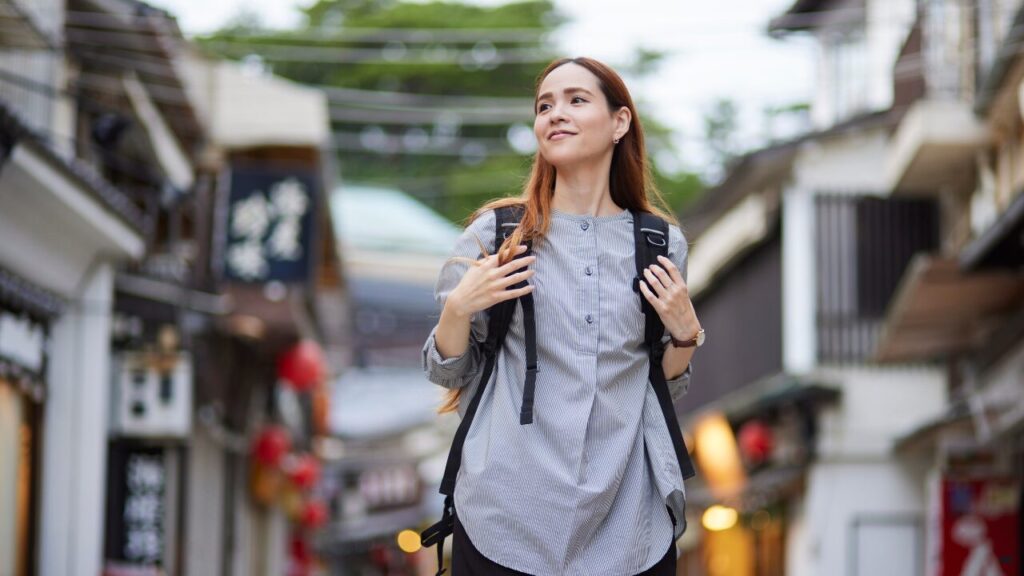
To fully enjoy your trip while respecting Japanese culture, keep these points in mind:
- Check the facility’s “Tattoo Policy” on the official website or local travel guides before you go.
- Choose private or family baths at onsen and ryokan for a stress-free experience.
- Use stickers or tape to hide small tattoos when necessary.
- Ask the staff directly if you’re unsure—many are understanding with foreign guests.
Enjoying Onsen and Travel in Japan to the Fullest
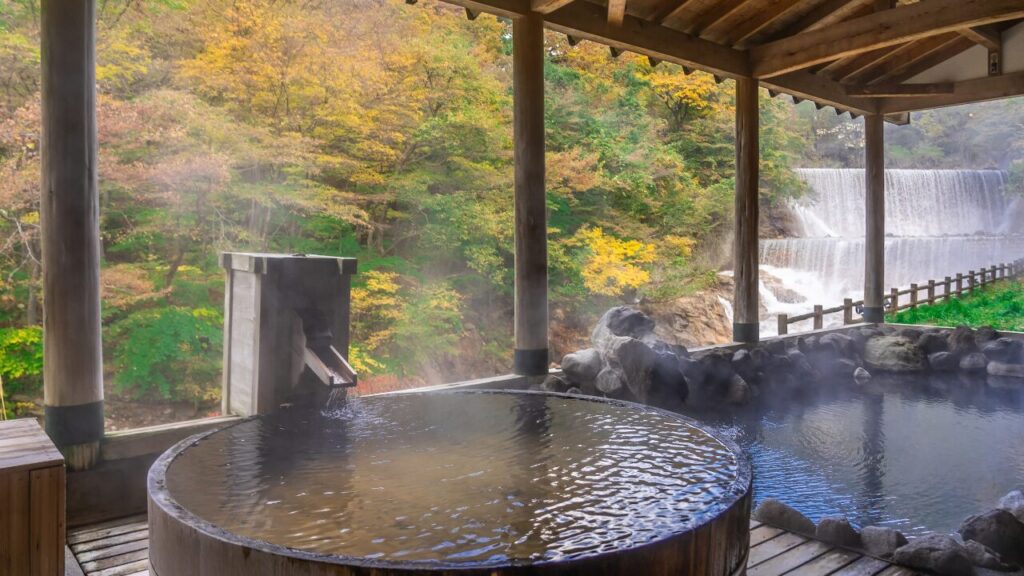
Because of historical and cultural reasons, tattoos in Japan are still often linked with crime, and many hot springs and public facilities have restrictions. However, as the number of foreign visitors increases, more tattoo-friendly onsen, private baths, and flexible options are becoming available for travelers.
Another important factor is transportation. Many onsen towns and tourist spots are not easily accessible by train or bus. For families or groups of friends, renting a car in Japan offers freedom, comfort, and the ability to make the most of limited travel time.
- Easy access to remote onsen resorts and ski areas where public transport is limited
- Cost-effective for larger groups compared to multiple train tickets
- Convenient airport pick-up and city rental services are available
At ASAHI MOTORS Rent a Car, we provide a wide selection of vehicles, from 10-seater Toyota Hiace vans to luxury cars, perfect for family trips, group travel, or private tours.
If you want to make your Japanese onsen trip or sightseeing journey more comfortable and flexible, feel free to contact us anytime.




COMMENT